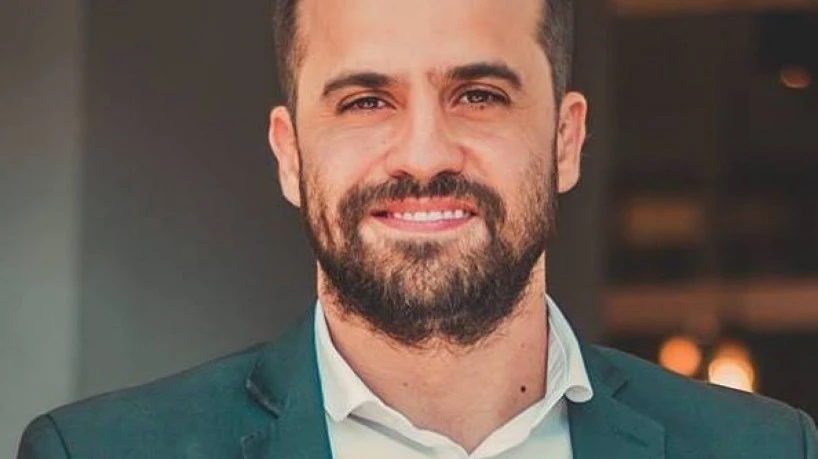São Paulo’s Political Strife Risks Brazil’s Right-Wing Unity and Future Elections
In São Paulo, Brazil, former President Jair Bolsonaro is intensifying his campaign to curb the rising political influence of Pablo Marçal, a former life coach turned social media influencer. Marçal’s unexpected ascent is redefining the conventional political landscape, presenting a formidable challenge to the established right-wing status quo.
Background
Jair Bolsonaro, Brazil’s polarizing ex-president known for his right-wing policies, initially considered endorsing Marçal as a strategic move. By doing so, he aimed to pressure São Paulo Mayor Ricardo Nunes into accepting a Bolsonarist deputy while also critiquing Nunes’ administration. However, Marçal’s burgeoning popularity soon became a cause for concern. Bolsonaro feared that Marçal could fracture the conservative vote, posing a significant threat in upcoming elections.
The Rise of Pablo Marçal
Originally a social media influencer and life coach, Marçal made a bold political transition, quickly gaining traction among conservative voters. His rise has turned the São Paulo election into a crucial battleground for right-wing support. Despite the backing of Bolsonaro and Governor Tarcísio de Freitas for Nunes, Marçal has managed to rally a considerable following.
Bolsonaro’s Counterattack
Alarmed by Marçal’s appeal, Bolsonaro’s camp, including his son Eduardo Bolsonaro and influential figures like Pastor Silas Malafaia, launched targeted attacks on Marçal. They criticized his recent political pivot and questioned his integrity based on his actions during the 2022 presidential elections. Complicating Marçal’s position were allegations linking his party, PRTB, with the notorious criminal group PCC.
Bolsonaro himself openly rebuked Marçal, signaling a clear schism between the former allies. This division within the right has raised concerns about the unity of Bolsonaro’s base, which has seen an uptick in support for Marçal.
A Closely Contested Race
Recent polls indicate a tightly contested race among Mayor Ricardo Nunes, Pablo Marçal, and leftist candidate Guilherme Boulos. The candidates are neck and neck within the margin of error, highlighting the unpredictability of the election outcome. Marçal’s increasing support among Bolsonaro’s base positions him as a formidable opponent to Nunes, complicating the political dynamics.
Implications for Future Elections
The significance of this election stretches far beyond São Paulo. The results could potentially influence the 2026 presidential race, especially if Bolsonaro becomes ineligible to run. The dynamics established in this local election might shape Bolsonaro’s choice of a successor.
Marçal portrays himself as a genuine conservative alternative, challenging what he perceives as the “false right” represented by Nunes. Throughout his campaign, he has remained aligned with Bolsonaro’s conservative values, emphasizing the election’s importance for Brazil’s right wing. Marçal’s declarations suggest a commitment to consolidating conservative votes, aiming to unify right-wing supporters under his leadership.
Conclusion
The political conflict in São Paulo is not just a local issue; it is reshaping alliances and rivalries within Brazil’s right-wing, impacting the nation’s future political landscape. As election day approaches, all eyes will be on São Paulo to see how this pivotal contest unfolds and what it will mean for the future of conservative politics in Brazil.
For more information on the developments in São Paulo’s political scene, visit the official website of Secretaria Municipal da Fazenda.
